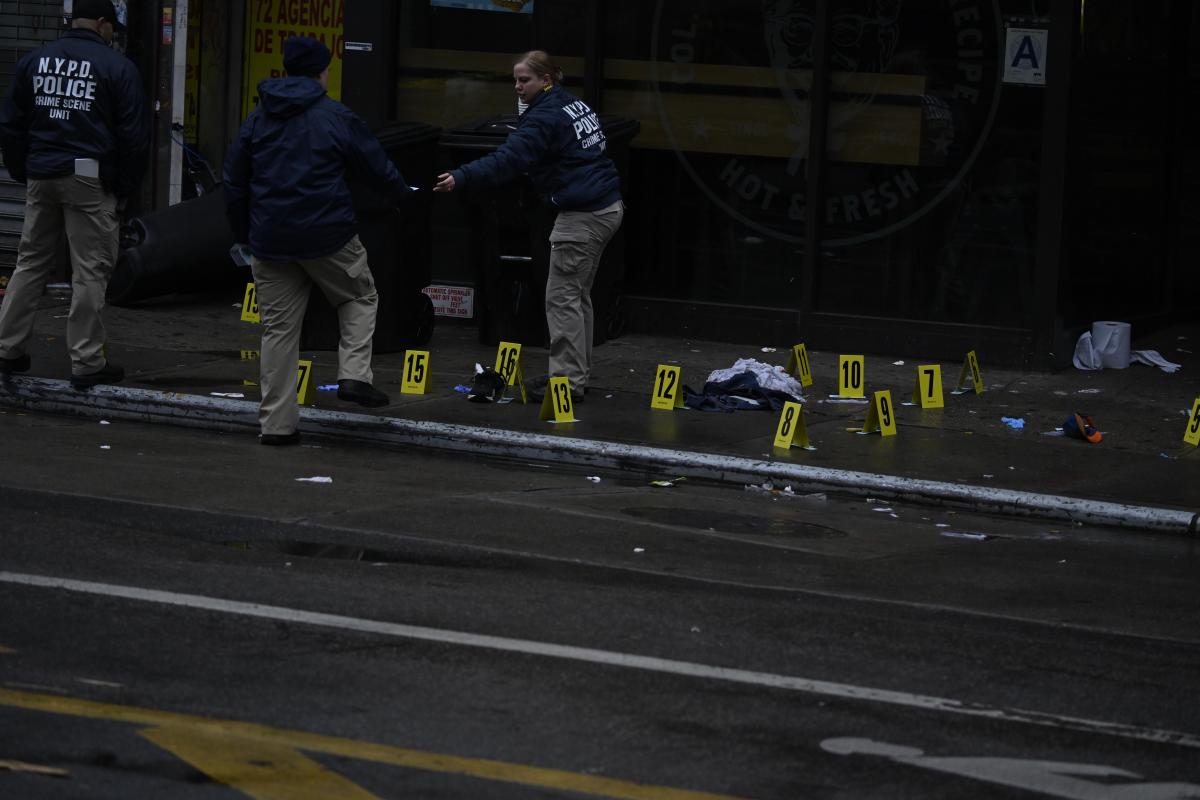By Ayala Ben-Yehuda
The ease with which developers can obtain zoning variances from the BSA was the subject of spirited discussion during the hearing on a bill by Councilman Tony Avella (D-Bayside) that would give the City Council the right to veto BSA decisions, a power that used to reside in the old Board of Estimate.
The BSA grants variances to developers seeking to build outside zoning requirements at least 87 percent of the time, said Avella, chairman of the Zoning and Franchises Subcommittee of the City Council.
“BSA continues to grant variances and special permits in direct contradiction to publicly stated recommendations of community boards, civic groups and elected officials,” he said.
From a Chabad center in Bayside that received four variances to build a synagogue to a Walgreens in College Point that has no parking of its own, the BSA's granting of variances over strong local opposition has raised the ire of civic groups all over the borough.
The board, composed of five mayoral appointees serving six-year terms, must include an architect, an engineer and a planner. BSA spokesman Pat Pacifico declined comment on Avella's bill.
Bayside activist Mandingo Tshaka railed against what he said was the city's habit of “dumping” polluting auto body shops on the south side of Northern Boulevard via BSA variances.
“Who lives there? African Americans,” he said at Monday's hearing.
Developers “could care less about the neighborhoods they build in,” said Bob Nobile, president of the Little Neck Pines Civic Association. “We need a way to protect our communities.”
The Queens Historical Society, the Bay Terrace Community Alliance and the Douglaston, North Flushing and West Cunningham Park civic associations were also represented at the hearing.
Attorneys representing developers testified against the bill, saying the BSA process worked well and doing away with it would concentrate too much power in the City Council.
Land use lawyer Sheldon Lobel, who has represented notorious Flushing developer Thomas Huang, said it would be improper for the City Council to intrude on the powers of the independent body.
“People have to have a safety valve” in the application of zoning, said Lobel, such as small-business owners who need to expand to stay afloat.
Attorney Joseph Morsellino, who helped secure a controversial variance for Walgreens in Avella's district, said, “I can't help but feeling there's a sour grapes backlash here.”
Pointing out that other stores in the area did not provide parking and that there was a municipal lot nearby, Morsellino said, “it wasn't an arbitrary decision.”
Janice Cahalane, an attorney in Lobel's firm, said the BSA was “not a candy store” and routinely grilled variance applicants on their need for such exemptions.
Variance applications that make it to a BSA hearing have a high ratio of success because many applications are withdrawn before the board even sees them, she said.
Councilman John Liu (D-Flushing) called Avella's legislation “a bill that we absolutely need.”
Although Liu said that in his four years as head of the North Flushing Civic Association the BSA had never approved a project over the objections of his neighborhood, he said “the decision simply can't end at the BSA with no further process.”
No vote was taken at Monday's hearing, which will likely be followed by another hearing at a date to be determined.
Reach reporter Ayala Ben-Yehuda by e-mail at news@timesledger.com or call 718-229-0300, Ext. 146.






























